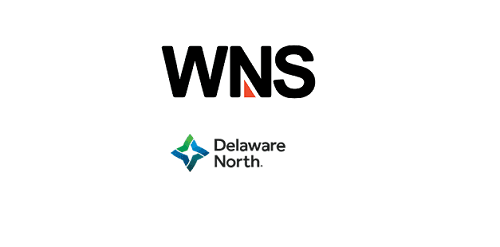Get urbanization right for mitigating risks from climate change, says Kudva
India’s urban areas will drive the economy in the coming years with cities contributing 70% of the GDP by 2030, Minister for Housing and Urban Affairs Hardeep Singh Puri told a virtual conference organised by World Resources Institute (WRI) India on 13 Sept 2021.
“The best performing cities globally contribute five times more to the national GDP of their respective countries. We need to generate a similar density of economic activities in our cities to become a US$5 trillion economy in the near future and US$10 trillion in the long run,” Puri told WRI India’s ‘Connect Karo 2021’.
Puri highlighted that the Indian Government is delivering the most comprehensive and ambitious program of urban rejuvenation undertaken anywhere in the world today.
Quoting estimates which state that urban Indian population is bound to rise up to 630 million by 2030, he also pointed out that in the past seven-and-a-half years, the government had invested more than Rs.11 lakh crore in urban development.
“But apart from the physical targets what we have got right is our collaboration with organizations like WRI India, Omidyar Network and other members who have constantly given us ideas on how to actually make our cities demonstration hubs.”
“Atmanirbhar India will only be possible if our cities are productive and I see that process taking place,” he added.
Speaking at the conference, Omidyar Network India Managing Director Roopa Kudva said, “If we have to improve the quality of life of every Indian and give the access to public services and social protection schemes, we have to meet them where they live and work and increasingly this is in our urban centres.
“Getting urbanization right would go a long way in mitigating risks from climate change. Compact, connected and coordinated cities that design public spaces and transportation around pedestrians are more inclusive, productive and resilient.”
Jamshyd Godrej, Managing Director and Chairman, Godrej & Boyce, and Chairman WRI India, stressed the importance of stakeholder partnerships in achieving the required change. “We are facing a climate emergency today that requires companies, investors, governments and communities alike to transform to a cleaner, low-carbon and socially equitable way of living and doing business. Collaboration is the key to drive such concerted action. Convenings like Connect Karo are essential in bringing together multiple stakeholder and enabling better coordination between them.”
WRI India CEO Dr OP Agarwal added, “India is one of the fastest growing economies in the world today. Its urban population is projected to multiply to nearly 814 million by 2050.
“To harness such expansion and drive a sustainable model of growth, it is important that we focus on building cities that are clean, green and just. At Connect Karo, we envision bringing together significant stakeholders to accelerate a climate-forward, nature-based and inclusive urban development.”
WRI India Ross Center is a research organization that works with governments, businesses, multilateral institutions and civil society groups to develop practical solutions that improve people’s lives and protect nature. WRI India Ross Center is dedicated to supporting Indian cities in their journey to be low carbon, resilient and inclusive.
WRI India’s flagship that brings together Indian and global leaders committed to designing inclusive, sustainable and climate-forward Indian cities, that started here on Monday. Held virtually amid the Covid-19 restrictions, the convening is expected to host more than 150 thought leaders, policymakers, financial experts, academics, scientists and civil society members and discuss the way forward to building clean, green and just Indian cities that are economically and environmentally sustainable and disease-free. #infrastructure #investment #tenders #projects #development /fiinews.com










